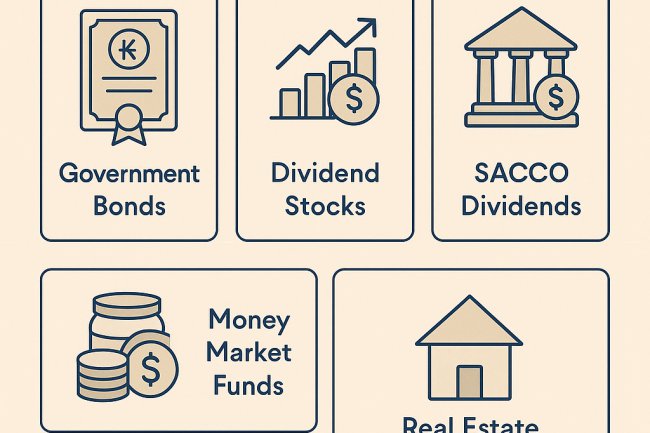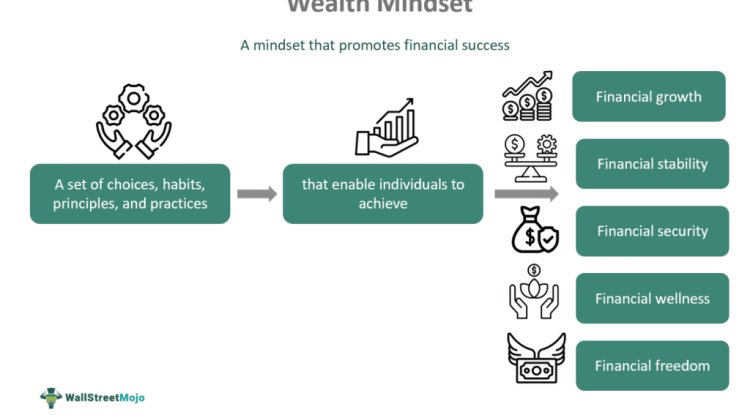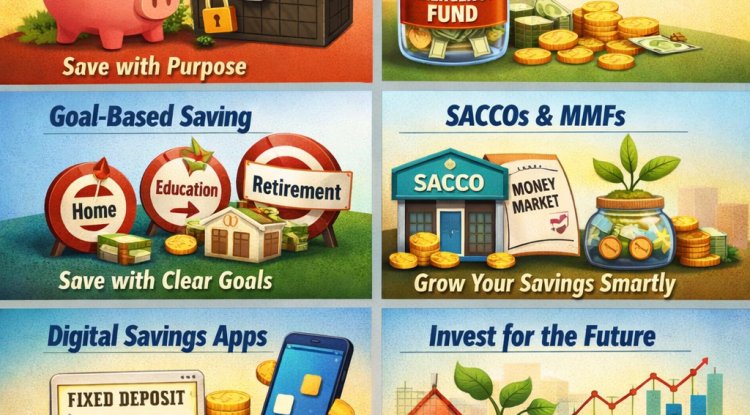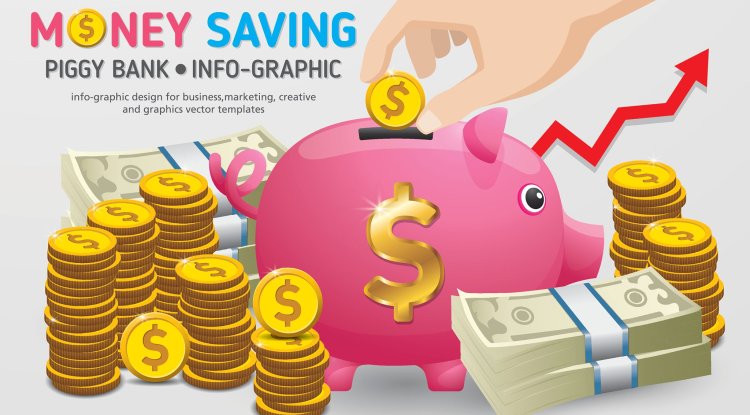Understanding Financial Markets: The Engine of Wealth Creation
Explore the world of financial markets — from stocks and bonds to forex and commodities. Learn how African and global markets create wealth and how you can participate.
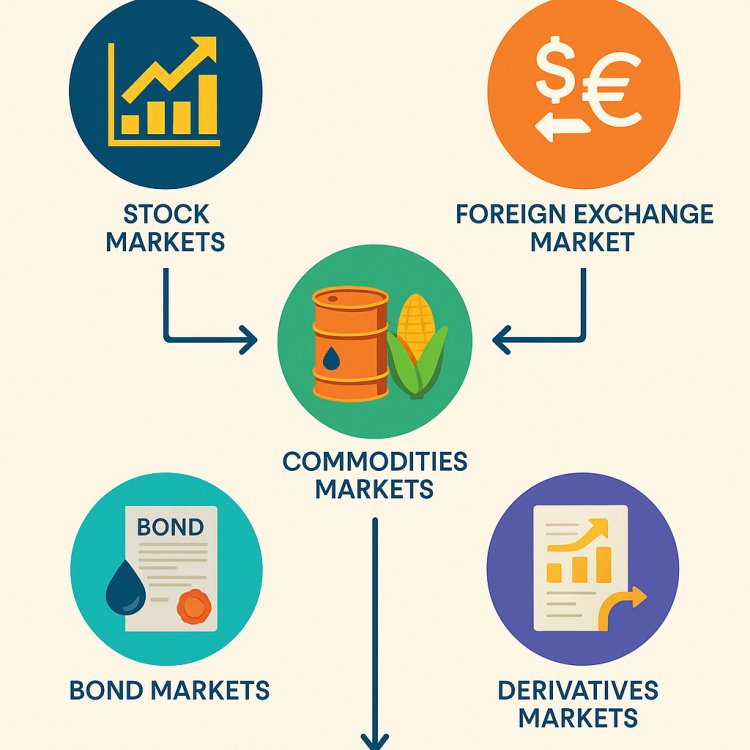
Financial markets are the backbone of the global economy. They are where money meets opportunity, where savers connect with borrowers, and where investors build wealth. Whether you’re in New York, Nairobi, or Lagos, financial markets influence your daily life — from the interest rate on your loan to the dividends on your Safaricom shares.
What Are Financial Markets?
A financial market is a platform (physical or digital) where buyers and sellers trade financial instruments such as stocks, bonds, currencies, and commodities.
These markets exist to:
-
Facilitate capital raising for businesses and governments.
-
Allow investors to grow wealth through returns.
-
Provide liquidity so assets can be easily bought or sold.
-
Enable price discovery and risk management.
Types of Financial Markets
1. Stock Markets
Where company shares are bought and sold.
-
Global example: New York Stock Exchange (NYSE).
-
African example: Nairobi Securities Exchange (NSE), with Safaricom, Equity Bank, and KCB among leading stocks.
2. Bond Markets
Governments and corporations issue bonds to raise debt.
-
Example: Kenya’s government infrastructure bonds.
-
Investors earn through fixed interest payments.
3. Foreign Exchange (Forex) Market
The largest market in the world, with daily trades exceeding $6 trillion.
-
African currencies like the Kenyan Shilling or Nigerian Naira are actively traded.
-
Forex impacts import/export costs, inflation, and tourism.
4. Commodities Markets
Where raw materials are traded (gold, oil, coffee, maize).
-
Africa is a major player in commodities: Kenya (tea, coffee), Nigeria (oil), South Africa (gold).
5. Derivatives Markets
Contracts that derive value from underlying assets (options, futures).
-
Used for hedging risks (e.g., airlines hedging fuel prices).
Why Financial Markets Matter to You
-
Investment Growth: Markets give you access to wealth-building assets like stocks and ETFs.
-
Capital Access: Businesses can raise funds to expand, hire, and innovate.
-
Price Signals: Market prices reflect economic health and guide decisions.
-
Risk Management: Tools like insurance-linked securities and derivatives help manage uncertainty.
Africa’s Emerging Financial Markets
Africa’s financial markets are evolving fast:
-
Nairobi, Lagos, and Johannesburg exchanges are modernizing.
-
Mobile money (M-PESA, Flutterwave) is merging with traditional finance.
-
Governments are issuing green bonds to fund climate projects.
-
Pan-African initiatives like the African Continental Free Trade Area (AfCFTA) aim to integrate markets.
These trends create opportunities for African investors to diversify and build long-term wealth.
How to Participate in Financial Markets
-
Start with Stocks – Buy shares of listed companies or ETFs.
-
Diversify into Bonds – Safer, steady income investments.
-
Use Money Market Funds (MMFs)—For short-term savings with interest.
-
Explore SACCOs & Unit Trusts—Local entry points into financial markets.
-
Learn Before Forex & Commodities—Higher risk but rewarding with knowledge.
Infographic Ideas
-
Financial Market Map: Stocks, Bonds, Forex, Commodities, and Derivatives.
-
Africa Spotlight: NSE (Kenya), JSE (South Africa), NGX (Nigeria).
-
Flowchart: “How money moves through financial markets.”
Conclusion
Financial markets are not reserved for the elite — they are open to anyone willing to learn. By understanding how they work and starting small, you can participate in wealth creation, secure your future, and even help your community grow.
The sooner you start engaging with financial markets, the sooner your money starts working for you.
What's Your Reaction?








